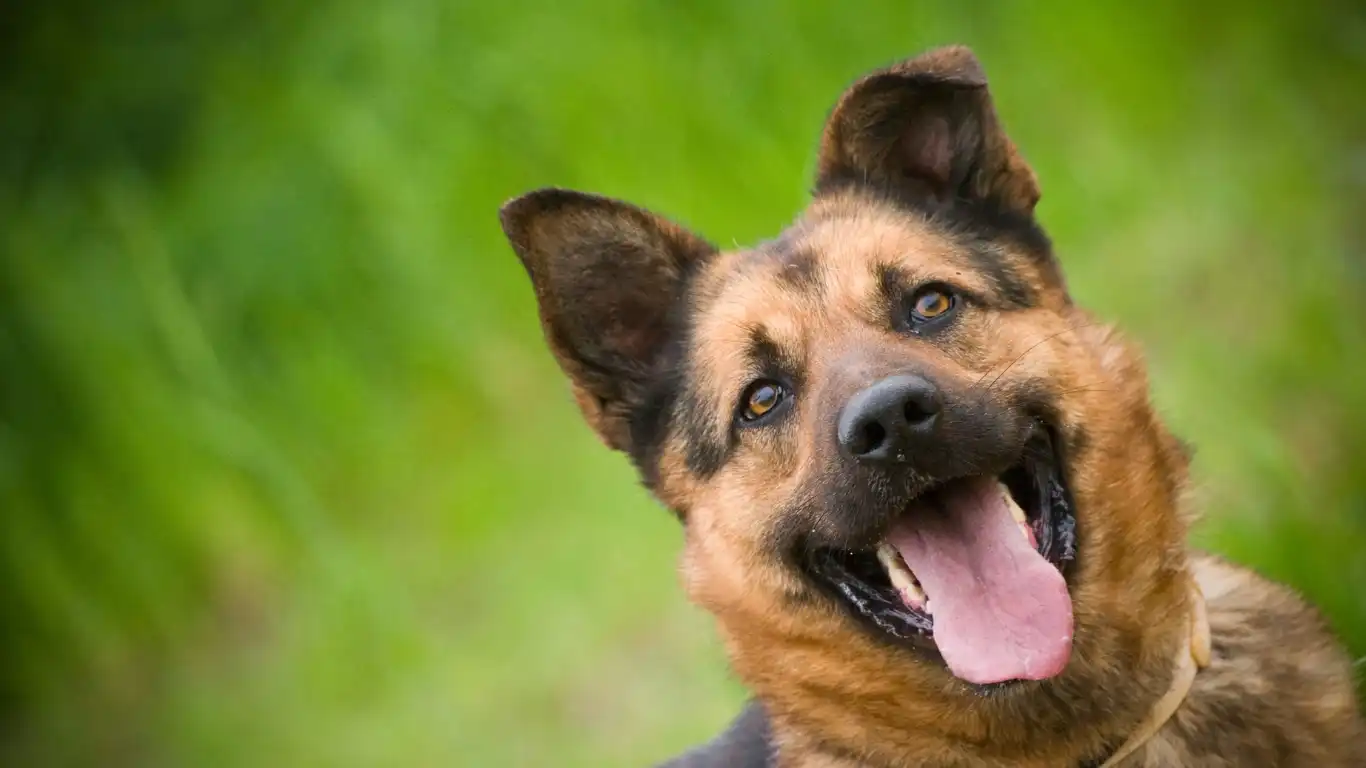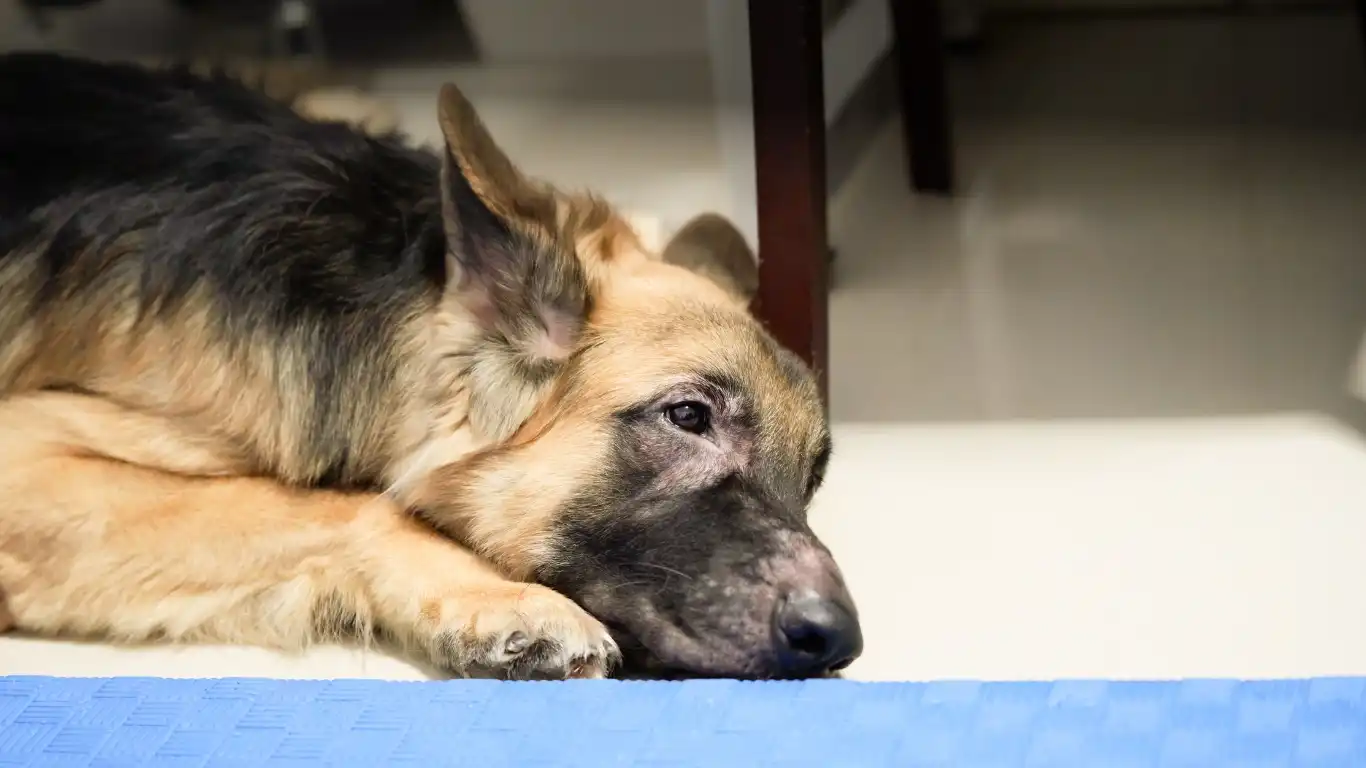Prevent Kennel Cough in Dogs: Proven Tips to Keep Your Pup Healthy
If you’ve ever heard a dog coughing like they have something stuck in their throat, you know how unsettling it can be. One of the most common culprits? Kennel cough. If you’re wondering how to prevent kennel cough in dogs, you’re in the right place. As a pet nutritionist and someone who has worked in veterinary clinics, I’ve seen my fair share of
Boosting Your Dog’s Immune System to Fight Off Kennel Cough

Preventing kennel cough isn’t just about avoiding exposure—it’s also about ensuring your dog’s immune system is strong enough to fight off infections. In my years working with dogs, I’ve seen firsthand how a well-balanced diet and proper care can make all the difference. So, let’s talk about ways to keep your pup’s immune system in top shape.
Feed a Nutrient-Rich Diet
Just like in humans, a healthy diet is the foundation of a strong immune system. High-quality dog food packed with essential vitamins, minerals, and antioxidants helps fight off infections. I always recommend dog owners opt for fresh, high-protein meals with ingredients like lean meats, sweet potatoes, and leafy greens. Probiotics and omega-3 fatty acids also play a crucial role in supporting gut health, which is linked to immunity.
Keep Your Dog Hydrated
Water is essential for overall health, including immune function. If your dog isn’t drinking enough, their body won’t be able to flush out toxins efficiently. I always tell pet parents to keep fresh, clean water available at all times and to monitor their pup’s drinking habits—especially during warmer months.
Exercise and Mental Stimulation
Regular exercise does more than just keep your dog fit—it also boosts their immune system. Whether it’s a daily walk, a game of fetch, or a stimulating puzzle toy, keeping your pup active helps reduce stress and keeps their body functioning properly.
Minimizing Exposure to Kennel Cough Hotspots

If you’re wondering how to prevent kennel cough in dogs, one of the best strategies is to limit their exposure to infected dogs. Since kennel cough spreads through airborne droplets, shared toys, and direct contact, certain environments pose a higher risk.
Be Cautious at Dog Parks and Daycares
While socialization is crucial for dogs, crowded places like dog parks, boarding facilities, and grooming salons can be hotspots for kennel cough. If your dog frequently visits these places, check with the facility to ensure they have proper sanitation protocols in place.
Ask About Ventilation and Cleanliness
One thing I always recommend to dog owners is to ask about air circulation and hygiene practices before leaving their pup at a daycare or boarding facility. Good ventilation reduces the spread of airborne bacteria, and regular cleaning of shared spaces (like water bowls and play areas) helps minimize transmission risks.
Limit Interaction with Sick Dogs
If you hear a dog coughing at the park or daycare, it’s best to steer clear. Kennel cough is highly contagious, and even a few minutes of close contact can be enough to spread the infection. Trust me—I’ve seen cases where one sick dog ended up infecting an entire group!
Using Natural Remedies to Strengthen Respiratory Health

While vaccinations and good hygiene play a key role in preventing kennel cough, there are also natural ways to support your dog’s respiratory health. Over the years, I’ve had pet parents ask me about herbal remedies and holistic approaches—so let’s dive into a few safe options.
Honey for Soothing the Throat
Honey is one of my go-to natural remedies for minor throat irritation in dogs. It has antimicrobial properties and can provide relief if your dog has been exposed to dry air or mild environmental irritants. A small spoonful of raw honey (once a day) can help coat the throat and ease discomfort.
Steam Therapy
Just like when we get stuffy noses, warm steam can help dogs breathe easier. If your pup seems congested, let them sit in the bathroom while you run a hot shower. The steam helps loosen mucus and keeps their airways clear. It’s a simple but effective trick I’ve recommended to dog owners over the years!
Immune-Boosting Supplements
There are several supplements that can help strengthen your dog’s immune system, including:
- Echinacea: A natural herb known for its immune-boosting properties.
- Vitamin C: Helps support respiratory health and overall immunity.
- L-lysine: An amino acid that supports respiratory function.
Always check with your veterinarian before introducing new supplements to your dog’s diet.
By combining proper nutrition, hygiene, and natural remedies, you can significantly reduce the risk of kennel cough and keep your furry friend happy and healthy!
Case Studies & Real-Life Examples

Sometimes, the best way to understand how to prevent kennel cough in dogs is by looking at real-life examples. Over the years, I’ve worked with many dog parents who faced this issue—some successfully preventing it, while others learned the hard way. Here are a couple of cases that stand out.
Case Study #1: Max, the Social Butterfly
Max, a lovable Golden Retriever, was the life of every dog park. His owner, Lisa, loved taking him to daycare a few times a week. One winter, Max came down with a persistent cough, and sure enough, the vet diagnosed kennel cough. Lisa hadn’t realized that some dogs at daycare weren’t vaccinated. After learning this, she made sure Max was always up to date on his vaccines and checked that the daycare had proper ventilation and cleaning routines. The next year? No kennel cough!
Case Study #2: Bella, the Cautious Pup
Bella’s owner, Jake, was extra cautious about exposure. He made sure she had her kennel cough vaccine before boarding, avoided overcrowded areas, and even used natural immune-boosting supplements like echinacea. One day, he noticed another dog coughing at their training class and decided to skip the session. That small decision saved Bella from getting sick when several other dogs from that class ended up with kennel cough.
These cases highlight that prevention is all about being proactive. Whether it’s through vaccinations, careful socialization, or boosting immunity, small actions can make a big difference.
Key Takeaways: What You Need to Remember

- Vaccinate your dog: The Bordetella vaccine is a great way to reduce the risk of kennel cough.
- Keep their immune system strong: Provide a nutrient-rich diet, hydration, and exercise.
- Be mindful of social settings: Avoid exposure to sick dogs in parks, boarding facilities, and daycare centers.
- Use natural remedies: Honey, steam therapy, and immune-boosting supplements can support respiratory health.
- Check your boarding facilities: Ask about ventilation, cleaning, and vaccine requirements before leaving your dog in their care.
FAQs
How do dogs get kennel cough?
Dogs typically catch kennel cough through airborne droplets, direct contact with infected dogs, or contaminated surfaces like shared water bowls and toys.
Can my dog get kennel cough even if they’re vaccinated?
Yes, but the vaccine significantly reduces the severity and duration of symptoms. Think of it like a flu shot—it doesn’t eliminate the risk, but it helps protect your dog.
What are the first signs of kennel cough?
The most common sign is a harsh, dry cough that sounds like a goose honk. Some dogs may also experience sneezing, nasal discharge, or mild lethargy.
How long does kennel cough last?
Most mild cases clear up within 1-2 weeks, but more severe infections may require veterinary treatment and last longer.
Can humans catch kennel cough from dogs?
It’s rare, but immunocompromised individuals may be at risk. Always wash your hands after handling a sick dog.
Bonus: Additional Resources or DIY Tips
Looking for extra ways to protect your pup? Here are some additional tips:
- DIY Disinfectant: If your dog has been around sick dogs, wipe down their paws and leash with a 50/50 mix of water and apple cider vinegar.
- Use a Humidifier: Dry air can irritate a dog’s respiratory tract, so consider using a humidifier in your home.
- Home Quarantine: If your dog shows signs of kennel cough, keep them isolated from other pets to prevent spreading it.
Appendix: References, Disclaimer, and Call to Action
References:
- American Kennel Club (AKC)
- American Veterinary Medical Association (AVMA)
- Centers for Disease Control and Prevention (CDC)
Disclaimer: This article is for informational purposes only and should not replace professional veterinary advice. Always consult a licensed veterinarian for your pet’s health concerns.
Call to Action: Have you dealt with kennel cough before? Share your experience in the comments below! And if you found this article helpful, feel free to share it with fellow dog lovers.





